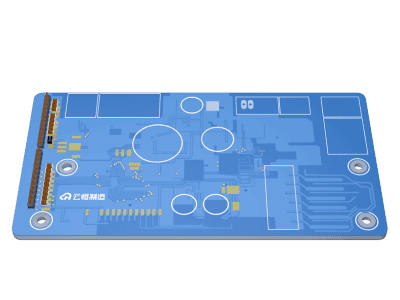Title:TheEvolutionandImpactofElectronicMusic(电子音乐翻译成英语)
The Dawn of a New Sound: The Evolution of Electronic Music
In the mid-20th century, electronic music emerged as a revolutionary form of artistic expression, pioneering a new era in music history. Its origins can be traced back to the experimental works of forward-thinking composers who sought to explore the vast sonic possibilities inherent in electronic instruments. The first electronic compositions were characterized by their innovative use of oscillators, modular synthesizers, and tape loops, enabling the creation of sounds never heard in traditional music. These pioneering spirits laid the groundwork for the development of various electronic music genres, including techno, house, trance, and drum and bass.
The Evolution of Technology: Unlocking New Dimensions in Sound
As technology advanced, the capabilities of electronic music producers also grew. The introduction of digital synthesizers and samplers in the 1980s opened up new dimensions in sound design and production techniques. This era was marked by the emergence of iconic artists like Kraftwerk, Daft Punk, and Aphex Twin, who pushed the boundaries of what could be achieved with electronic music. Their innovative approaches to rhythm, melody, and texture continue to influence modern electronic music, enriching its depth and diversity.
Global Impact: The Universal Language of Electronic Music
Electronic music has become a global phenomenon, transcending cultural barriers and uniting people from all backgrounds. The rise of electronic dance music (EDM) festivals around the world has played a significant role in this globalization process, attracting thousands of fans from different countries and creating a sense of community and shared experience. Moreover, its influence has spread to other genres, demonstrating its versatility and adaptability to various musical styles.
The Creative Process: The Artistry of Sound Engineering
Creating electronic music involves a complex process that requires both technical skill and artistic vision. Producers must master a wide range of software and hardware tools, manipulating sounds, creating beats, and arranging songs with precision. A deep understanding of musical theory and composition is essential to craft memorable melodies and harmonies. However, the true essence of electronic music lies in its ability to express emotions and tell stories through sound—a powerful medium that many electronic musicians draw inspiration from personal experiences or societal issues.
The Future of Electronic Music: Uncharted Potential
The future of electronic music is exciting and full of possibilities. With technology continuing to evolve, we can expect even more sophisticated tools and techniques for music production. The integration of artificial intelligence and machine learning may lead to new ways of creating and experiencing electronic music. Furthermore, the increasing popularity of live performances and interactive installations suggests that electronic music will continue to expand beyond traditional studio productions, engaging audiences in new and immersive ways.
In conclusion, electronic music has come a long way since its origins in the mid-20th century. It has evolved into a diverse and dynamic genre that captivates audiences worldwide with its unique soundscapes and limitless potential for innovation. Its journey from experimental beginnings to mainstream status is testament to its enduring appeal and capacity to evolve with the times.


















